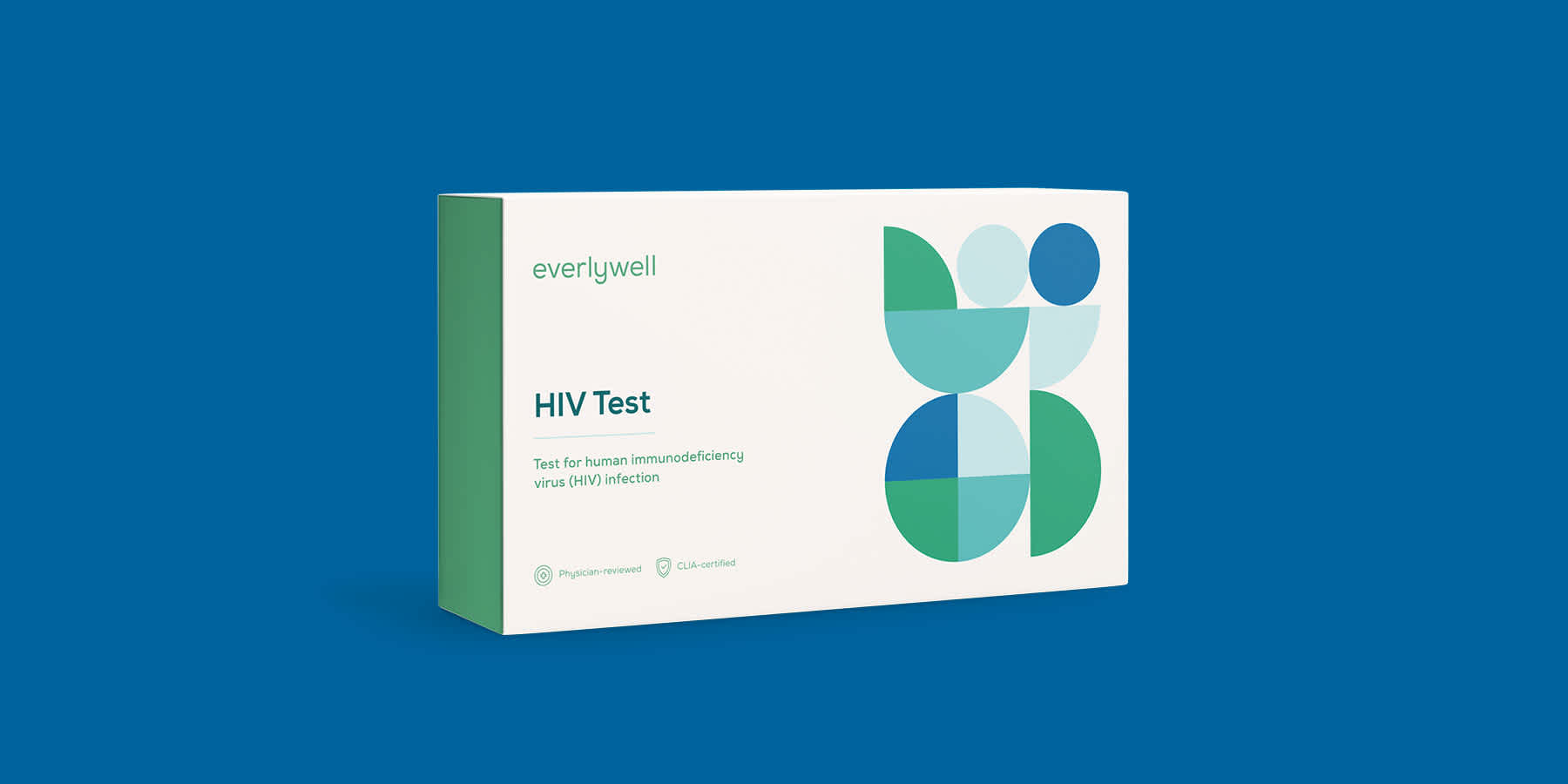
Can you get HIV from oral sex?
Medically reviewed on January 12, 2022 by Jordan Stachel, M.S., RDN, CPT. To give you technically accurate, evidence-based information, content published on the Everlywell blog is reviewed by credentialed professionals with expertise in medical and bioscience fields.
Table of contents
HIV, or human immunodeficiency virus, is a powerful virus that can significantly impact the immune system’s regular function. Over time, HIV can damage your immune system and make it easier for you to get sick. You may even die from everyday infections that your body could once fight off [1].
There is no cure for HIV, but HIV testing and medication can help manage symptoms and allow you to live a full, rich life. Knowing how HIV is transmitted and the time from transaction to detection, the HIV window period is the time between when a person gets HIV and when a test can accurately detect it [4], are the best ways to protect yourself and your loved ones from infection. Learn more about HIV, its methods of transmission, and HIV testing with Everlywell below.
How Is HIV Transmitted?
HIV travels quickly through many bodily fluids, including blood, semen, vaginal fluids, mucus, and even breast milk. The virus typically spreads through unprotected sex, but it can also spread from sharing syringes or needles or otherwise getting HIV-infected fluids into open cuts, sores, or wounds [1].
HIV can also potentially get passed from a mother to her baby during pregnancy, birth, or breastfeeding. However, this has become less common thanks to advances in medicine [2].
In terms of sex, unprotected anal and vaginal sex can easily transmit the virus. Unprotected anal sex is the riskiest form of sex for transmitting and receiving HIV. The risk tends to be higher for the receptive partner because the lining of the rectal wall is naturally thin, which makes it prone to microscopic tears that allow the virus to enter the system. The insertive partner is still at risk as the virus may enter the urethra or any small tears or sores on the penis [2].
Unprotected vaginal sex may have a slightly lower risk, but it still poses a considerable risk. When the penis ejaculates or produces pre-cum or if the penis has any open sores, HIV can enter the vagina through the mucus membranes lining the vagina and cervix. The virus can enter the penis via vaginal fluids or blood that enters the urethra or open wounds on the penis [2].
How HIV Is Not Transmitted
It’s important to note that HIV doesn’t spread through casual contact. The virus doesn’t spread through saliva, meaning you cannot get HIV from kissing, sharing food, or using the same utensils. You cannot spread HIV through hugging, holding hands, sneezing, or coughing, and you cannot get HIV from sitting on a toilet seat [1].
HIV and Oral Sex
Can you get HIV from oral sex? It’s possible, but it’s rare and generally poses a smaller risk than other forms of sex. Oral sex here refers to sex wherein one partner places their mouth on the other partner’s anus, penis, or vagina [2].
Remember, HIV is not transmitted via saliva, so a person with HIV performing oral sex is unlikely to spread the virus to the person receiving oral sex [3]. A more likely mode of transmission is if a person with HIV has genital sores and ejaculates in their partner’s mouth, and the receptive partner has bleeding gums, oral ulcers, or other open wounds in the mouth [2]. A higher viral load also increases the risk of transmission via oral sex [3].
It’s possible to get or transmit HIV through oral sex, but it is a considerably low risk. To prevent transmission, make sure you and your partner practice safe sex every time you have sex. If you believe you may have HIV, get tested immediately by your doctor or with an at-home HIV Test.
Related content
What are early signs of HIV in men and women?
HIV vs. AIDS: what's the difference?
Skin rash and HIV: what you need to know
References
1. What is HIV & AIDS? Planned Parenthood. URL. Accessed January 12, 2022.
2. How is HIV passed from one person to another? Centers for Disease Control and Prevention. URL. Accessed January 12, 2022.
3. Oral sex. aidsmap. URL. Accessed January 12, 2022.
4. What Can You Expect When You Go in for an HIV Test? HIV.gov. URL. Accessed January 12, 2022.